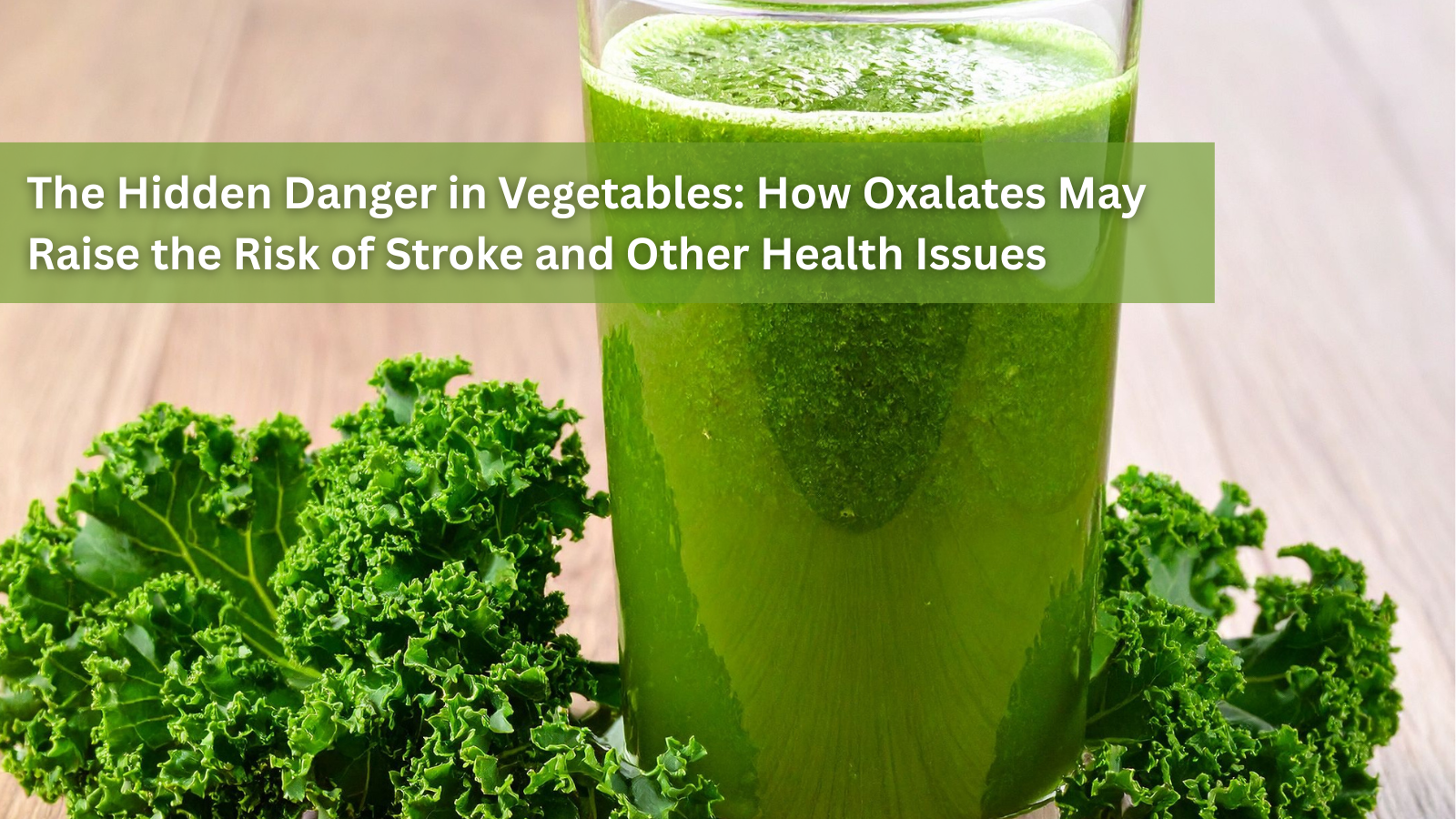The Hidden Truth About "Fragrance-Free" Lotions and Your Skin’s Natural Ozone Shield

The Surprising Impact of Even Natural Lotions on Your Skin’s Ozone Defense
You may have noticed that many skincare products now boast being "fragrance-free" — often marketed as gentle, safe, or even hypoallergenic. While this can mean fewer allergens and irritants for sensitive skin, it doesn’t necessarily mean the product is chemically benign. In fact, even “fragrance-free” lotions often contain compounds that can compromise one of your body’s lesser-known protective layers: the skin’s natural ozone shield.
What Is the Skin’s Ozone Shield?
The skin's surface contains natural lipids and antioxidants that serve as a barrier against environmental pollutants, including ground-level ozone — a reactive gas that can cause inflammation, accelerate aging, and weaken skin structure. Ozone interacts with the oils on our skin, especially squalene, breaking them down and forming harmful byproducts like aldehydes and peroxides. These reactions contribute to oxidative stress and skin damage.
However, the skin has a natural way of mitigating some of this damage, using antioxidants like vitamin E (tocopherol) and lipid components. When this shield is intact, your skin is better able to withstand environmental stressors, including ozone.
The Problem with Common Lotion Ingredients
Many lotions — even those labeled “fragrance-free” — include emulsifiers, preservatives, and occlusive agents that can strip away these natural oils or alter their composition, leaving skin more vulnerable to ozone. Some chemicals can even accelerate lipid oxidation or interfere with the skin’s antioxidant defenses, undermining its protective barrier.
Common offenders include:
- PEG compounds (polyethylene glycols)
- Certain alcohols (like isopropyl alcohol)
- Dimethicone (when not balanced with antioxidants)
- Parabens
- Preservatives like phenoxyethanol
Top 5 Lotion Ingredients That Support Your Skin's Natural Ozone Barrier
If you're looking to protect your skin from environmental pollutants and preserve its natural defenses, consider using lotions formulated with these five skin-friendly ingredients:
1. Squalane
A hydrogenated, stable form of squalene that mimics the skin’s natural lipid. It supports the lipid barrier without oxidizing easily and helps reduce the skin's sensitivity to ozone damage.
2. Vitamin E (Tocopherol)
A powerful antioxidant that can neutralize free radicals produced by ozone exposure. It works synergistically with skin lipids to defend against oxidative stress.
3. Shea Butter
Rich in natural antioxidants and fatty acids, shea butter supports the skin barrier while offering mild occlusion that doesn’t trap oxidative byproducts.
4. Niacinamide (Vitamin B3)
Supports the skin’s barrier function and boosts antioxidant capacity, making the skin more resilient to environmental stress, including ozone exposure.
5. Aloe Vera (Pure Extract)
Offers soothing, anti-inflammatory properties without disrupting the skin's lipid matrix. When minimally processed, aloe vera can help preserve skin integrity.
Final Thoughts
Just because a lotion is labeled “fragrance-free” doesn’t mean it’s completely safe for your skin’s long-term health — especially when it comes to environmental pollutants like ozone. Choosing products with minimal, skin-friendly ingredients that reinforce rather than disrupt your skin’s natural defenses can help maintain its ability to resist oxidative damage.
If you're shopping for a lotion, take a closer look at the ingredient list — and opt for formulas that work with, not against, your skin’s natural chemistry.
Pro Tip: Look for lotions labeled “antioxidant-rich,” “barrier-repairing,” or “lipid-replenishing,” and avoid products with long lists of synthetic additives — even if they’re free of scent.
9 comments

October 30, 2025
Your Thyroid Is More Than Just a Gland — It’s the Master Regulator of Your Body
The thyroid is one of the most underrated glands in the body. It controls your metabolism, digestion, body temperature, and even influences your cardiovascular system. I often talk about how emotions are stored in the body, and when it c...
Read more
October 30, 2025
The Hidden Danger in Vegetables: How Oxalates May Raise the Risk of Stroke and Other Health Issues
When we think of a healthy diet, vegetables often top the list. Rich in vitamins, minerals, and fiber, they are considered a cornerstone of nutritious eating. However, a growing body of research suggests that certain vegetables—particu...
Read more
October 30, 2025
Book Review: The Toxic Tooth – Could a Root Canal Be Making You Sick?
In recent years, the intersection of dental health and overall well-being has become a hot topic of conversation. While we’ve long been aware that our teeth impact our quality of life, the idea that dental procedures like root canals c...
Read more




Eli: Yes, because it’s an exfoliating enzyme. Although it does have anti inflammatory and healing properties, and its exfoliation promotes collagen production, this is still an exfoliator and because of this it’s most commonly found in masks and cleansers.
S: Yes, some people do well with tallow, But the problem with tallow resides in the fact that its composition makes it occlusive, oily and acidic, this contributes to irritation, acne, skin dehydration and it’s basically a food source for bacteria. If managed incorrectly, when the tallow oxidizes it has the potential of causing more harm than good. Additionally, you can end up smelling like processed meat! Some people may have too sensitive skin to handle tallow, and may need a formulation that stabilizes oxidation.
If bromelain is used to treat burn patients in some emergency rooms, why isn’t it used in more skin repair creams?
You should add grass fed beef tallow to the good list above! If you are going to use vitamin E, you should all four of each, tocopherols and tocotrienols (like organic palm oil) and/or virgin coconut oil!
Yes, glad to read an article and not have to listen to a video trying to sell something. The something is usually a junk supplement full of junk fillers! Only a few companies sell supplements the healthy way in bovine gelatin without fillers.
Leave a comment